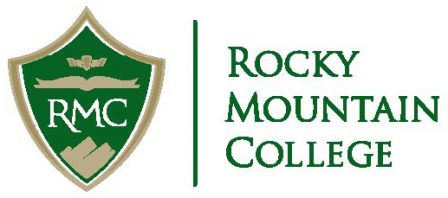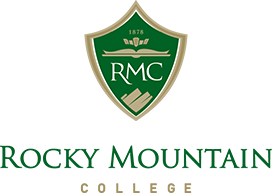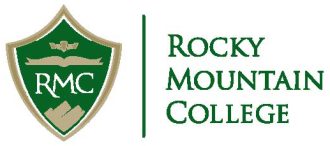Restorative Justice
October 18, 2022 2024-03-07 21:08Restorative justice is a theory of justice that emphasizes repairing the harm caused or revealed by violations of the Student Code of Conduct and/or campus policy. It is best accomplished through cooperative processes that include all stakeholders.
Practices and programs reflecting restorative purposes respond to campus incidents by:
- Identifying and taking steps to repair harm;
- Involving all stakeholders; and
- Transforming the traditional relationship between students and the institution by the way we respond to incidents.
Some of the programs and outcomes typically identified with restorative justice include:
- Victim/offender mediation (if possible/appropriate)
- Conferencing and programming that emphasizes lessons
- Victim assistance
- Offender assistance
- Restitution
- Community service
Three principles form the foundation for restorative justice:
- Justice requires that we work to restore those who have been injured.
- Those most directly involved and affected by crime should have the opportunity to participate fully in the response if they wish.
- The institution’s role is to preserve a just student environment, and the student role is to be a fully participating partner working to build and maintain that environment.
Restorative programs are characterized by four key values:
- Encounter: RMC creates opportunities for victims, offenders, and community members to choose to meet to discuss the incident and its aftermath.
- Amends: RMC expects offenders to take steps to repair the harm they have caused.
- Reintegration: RMC seeks to restore victims and offenders to become whole, contributing members of the campus community.
- Inclusion: RMC provides opportunities for parties with a stake in a specific policy violation to participate in its resolution.
Contact
Bair Family Student Center 114


